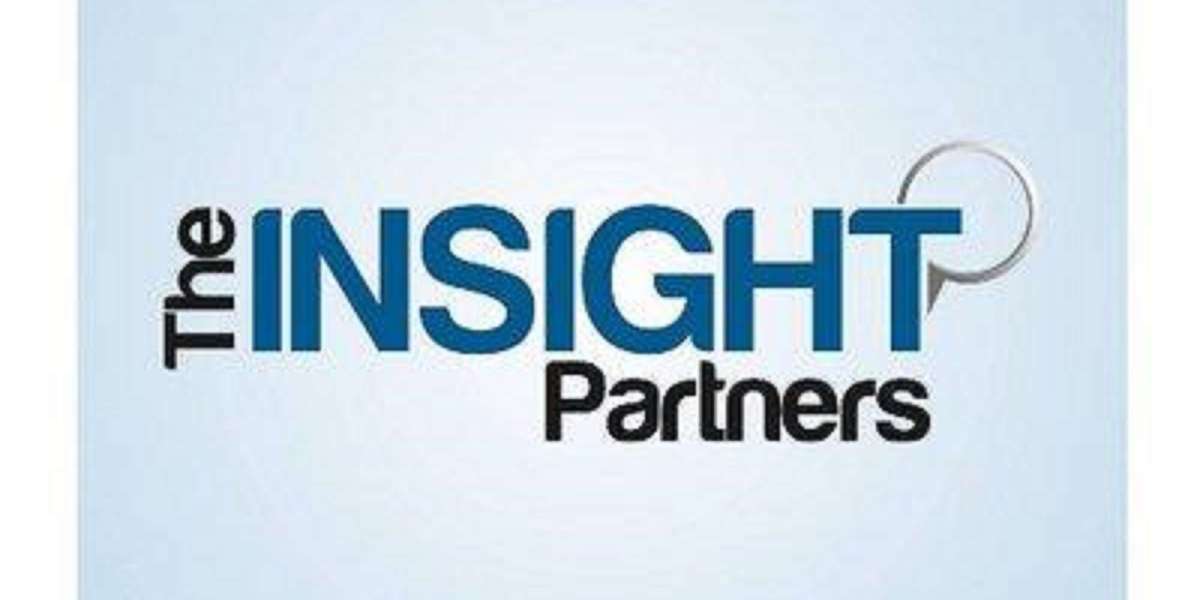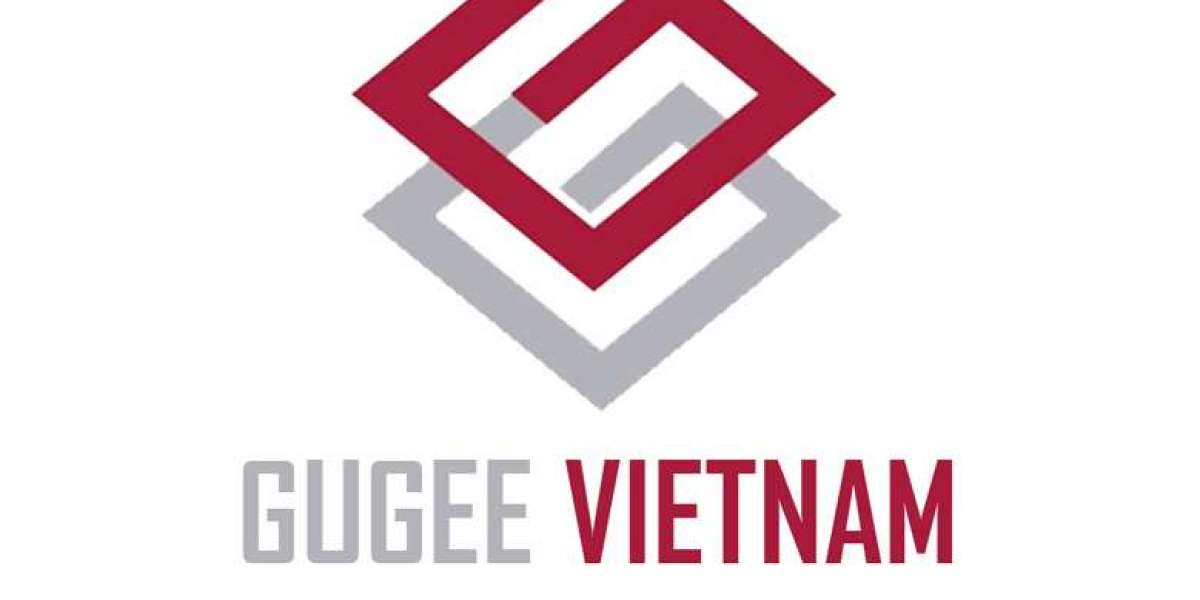Introduction
Humor is a universal language, but not all jokes are harmless. Among the different forms of comedy, racist joke remain one of the most controversial. While some dismiss them as “just jokes,” research and lived experiences show that they reinforce harmful stereotypes, encourage prejudice, and normalize discrimination. In the digital era, where content spreads rapidly, racist jokes can reach thousands within minutes, amplifying their negative effects.
This blog takes a closer look at racist jokes—their origins, impact, and why it’s important to think twice before laughing at or sharing them.
What Are Racist Jokes?
Racist jokes are jokes that target individuals or groups based on race, ethnicity, or cultural background. They often use stereotypes, exaggerated traits, or derogatory language. On the surface, these jokes may seem like lighthearted humor, but beneath the laughter lies a deeper issue: they reduce people to caricatures, stripping away individuality and reinforcing inequality.
Unlike general humor, racist jokes are rooted in mockery. They rely on historical prejudice and discriminatory narratives that have been used to marginalize communities for centuries.
The Historical Roots of Racist Jokes
To understand racist jokes, it’s important to trace their history. Many of them originated during colonial times and periods of slavery, where humor was used as a tool of power. For example:
In the 19th and early 20th centuries, minstrel shows in the United States portrayed exaggerated, offensive stereotypes of African Americans for entertainment.
In Europe and Asia, jokes targeting immigrants or minority groups became popular as societies grappled with social change.
Racist cartoons, comedy skits, and so-called “ethnic humor” spread stereotypes across mass media.
These forms of entertainment were not just harmless fun; they shaped public perception and justified exclusion, segregation, and discrimination.
Why Do People Tell Racist Jokes?
There are several reasons why racist jokes still exist today:
Social bonding: Some use them to feel connected within a group, especially where shared prejudice is normalized.
Power dynamics: They can be used to assert dominance or make others feel inferior.
Ignorance: Many people repeat racist jokes without understanding their harmful background.
Deflection: Telling offensive jokes is sometimes disguised as “just humor” to avoid accountability.
While the teller may think it’s “not serious,” the listener often experiences it differently, especially if they belong to the targeted community.
The Harm Caused by Racist Jokes
Racist jokes may seem small in isolation, but collectively they contribute to a larger system of harm. Some of the key consequences include:
1. Normalization of Racism
When racist jokes are laughed at, they normalize stereotypes and make them seem socially acceptable. This creates an environment where discrimination doesn’t feel as shocking or unacceptable.
2. Psychological Impact
For the individuals targeted, racist jokes can cause stress, anxiety, and feelings of exclusion. Hearing constant negative stereotypes, even in the form of “jokes,” chips away at confidence and belonging.
3. Workplace and Social Harm
In professional spaces, racist jokes contribute to a toxic environment. They can lead to conflicts, complaints, and even legal consequences for harassment.
4. Perpetuation of Stereotypes
Racist jokes often rely on outdated, harmful ideas. Repeating them keeps these false narratives alive, slowing down social progress toward equality.
Racist Jokes in the Digital Era
The rise of social media has made racist jokes more visible than ever. Memes, videos, and short-form content often disguise racism as comedy, making it easy to spread. Platforms like TikTok, Twitter, and Instagram have cracked down on hateful content, but the problem persists.
A single racist meme or video can go viral, spreading harmful stereotypes globally within hours. While many users call out such content, others defend it as “free speech” or “dark humor.” This tension between freedom of expression and social responsibility is one of the biggest challenges of our time.
Are Racist Jokes Protected by Free Speech?
Legally, in many countries, people have the right to free speech. However, free speech does not mean freedom from consequences. Employers, schools, and social platforms often act against racist jokes because they violate codes of conduct or community standards.
The ethical question is different from the legal one. Just because something can be said doesn’t mean it should be said. Ethical communication takes into account how words affect others and society as a whole.
Shifting Trends in Comedy
Modern comedy is evolving. Many comedians now focus on observational humor, self-deprecation, or social commentary instead of relying on racist jokes. The rise of inclusive entertainment has shown that humor doesn’t need to come at someone else’s expense.
Audiences, too, are becoming more critical. Jokes that were once widely accepted are now called out as offensive. This cultural shift shows a growing awareness of how humor shapes values and attitudes.
How to Respond to Racist Jokes
Hearing a racist joke can put someone in an uncomfortable position. Here are a few approaches people take:
Speak up calmly: Point out that the joke is offensive and explain why.
Change the subject: If confrontation isn’t possible, shift the conversation away from the joke.
Use humor positively: Some people respond with a witty remark that highlights the harm of the joke without escalating tension.
Set boundaries: In workplaces or schools, report incidents to maintain a safe environment.
While it can be difficult to challenge racist jokes, silence often enables them. Even a small response can signal that such behavior is not acceptable.
Alternatives to Racist Humor
Humor doesn’t need to target people negatively. Instead, comedians and everyday people alike can use:
Situational comedy based on everyday life
Wordplay and clever puns
Observational humor about technology, culture, or daily struggles
Self-reflection or exaggerated personal stories
These forms of humor are not only funnier but also more inclusive. They build connection without creating division.
Conclusion
Racist jokes may appear to be harmless humor, but their impact goes far beyond a quick laugh. They carry the weight of history, reinforce harmful stereotypes, and create environments where discrimination thrives. In today’s interconnected world, the reach of racist jokes has only expanded, making it even more important to understand their consequences.
Choosing humor that uplifts rather than harms is a step toward a more inclusive society. By questioning why we laugh and what we share, we take responsibility for shaping the kind of world we want to live in.
Racist jokes are not just a reflection of prejudice—they are a reminder of why empathy, awareness, and respect are essential in every conversation, both online and offline.








